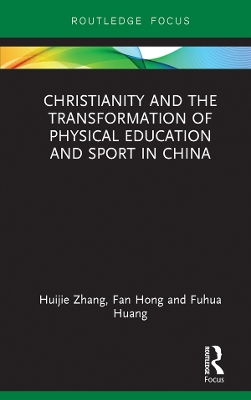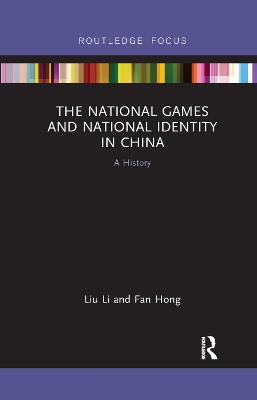Routledge Focus on Sport, Culture and Society
2 total works
Christianity and the Transformation of Physical Education and Sport in China
by Huijie Zhang, Fan Hong, and Fuhua Huang
Despite the popularity of sport in contemporary China, the practice of physical education is not indigenous to its culture. Strenuous physical activity was traditionally linked to low class and status in the pre-modern Chinese society. The concept of modern PE was introduced to China by Western Christian missionaries and directors of the Young Men’s Christian Association (YMCA). It then grew from a tool for Christian evangelism to a strategic instrument in Chinese nation-building.
This book examines the transformation of Chinese attitudes toward PE and sport, drawing on the concepts of cultural imperialism and nationalism to understand how an imported Western activity became a key aspect of modernization for the Chinese state. More specifically, it looks at the relationship between Christianity and the rise of Chinese nationalism between 1840 and 1937. Combining historical insight with original research, this book sheds new light on the evolution of PE and sport in modern China.
It is fascinating reading for all those with an interest in sports history, Chinese culture and society, Christianity, physical education or the sociology of sport.
The history of China’s National Games reflects both the transformation of elite sport in China and wider Chinese society. This is the first book to describe the origins and development of the National Games through their dynamic relationship with Chinese politics, nationalism and identity in the modern era.
Looking specifically at the role of the National Games in China’s changing social, political and economic circumstances from 1910 to 2009, this book uncovers how the National Games reflected the shifts in state-led nationalist ideologies within three historical eras: the late Qing Dynasty and Republican China (1910-1948), the early People’s Republic of China (1959-1979) and the People’s Republic of China in the post-1980s (1983–2009). It also examines how the National Games were reformed to serve China’s Olympic Strategy in the context of globalization and commercialization from the 1980s onwards. Full of original insights into archive material, each chapter sheds new light on the social, cultural and political significance of this sporting mega-event in the shaping of modern China.
This is fascinating reading for anybody with an interest in the politics, history and culture of China.

